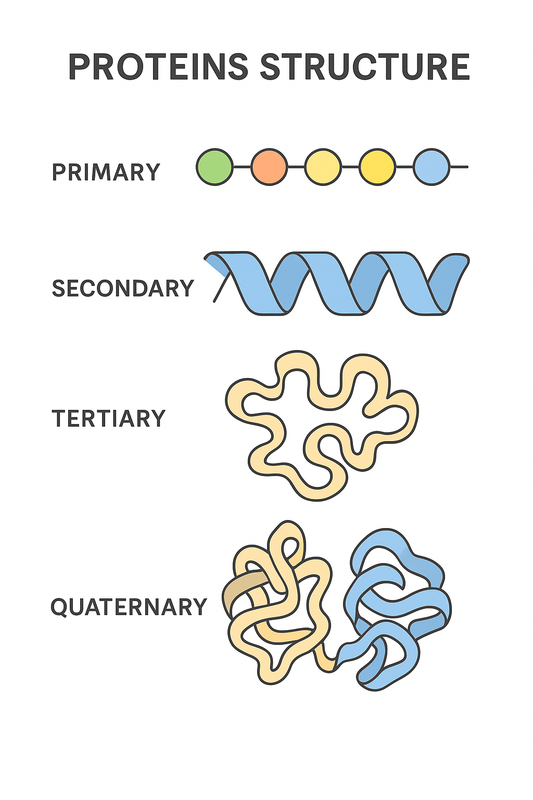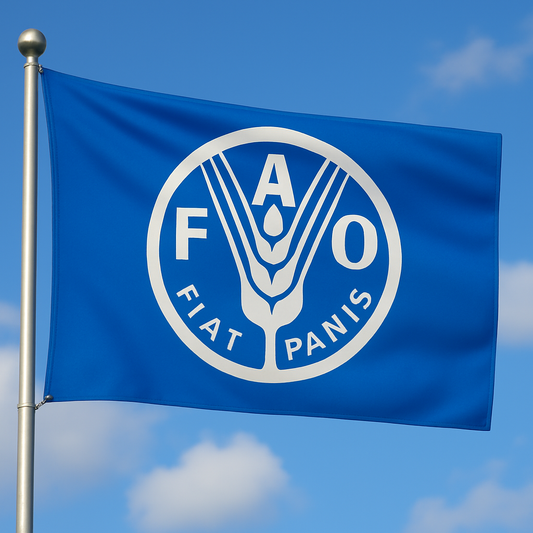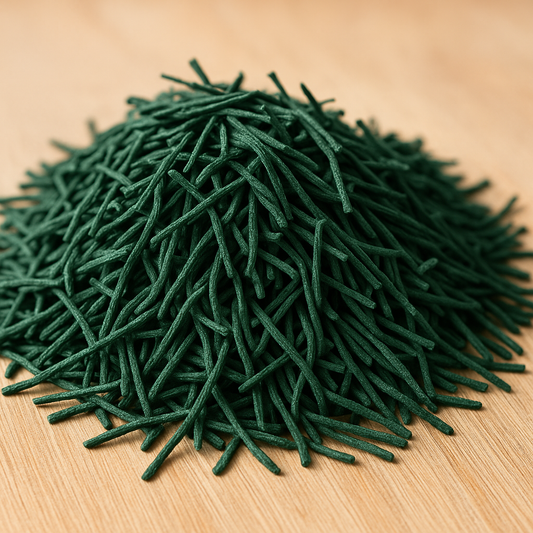
Entomophagy and religions
Share
Could a christian, a muslim or a jew eat insects?
This is a frequently-asked question. In this post we try to give the answer.
Food practices are influenced by culture, which have been influenced historically by religious beliefs.
The practice of eating insects is cited throughout religious literature in the Christian, Jewish and Islamic faiths.
The Bible speaks of insects as food in the book of Leviticus:
- All flying insects that walk on all fours are detestable to you. However, you may eat the following kinds of flying insects that walk on all fours: those having jointed legs above their feet for hopping on the ground. Of these you may eat any kind of locust, katydid, cricket, or grasshopper. All other flying insects that have four legs are detestable to you.These creatures will make you unclean. Whoever touches their carcasses will be unclean until evening, 25and whoever picks up one of their carcasses must wash his clothes, and he will be unclean until evening. (Leviticus XI: 20-25);
The New Testament explicitly describes Saint John’s source of protein:
- And John was clothed with camel’s hair, and with a girdle of a skin about his loins; and he did eat locusts and wild honey (Mark I: 6).
There are several references in Islamic tradition to insect eating – including locusts, bees, ants, lice and termites (El-Mallakh and El-Mallakh, 1994). The large majority of references are to locusts, specifically mentioning permission to consume the creatures:
- It is permissible to eat locusts (Sahih Muslim, 21.4801);
- Locusts are game of the sea; you may eat them (Sunaan ibn Majah, 4.3222);
- Locusts are Allah’s troops, you may eat them (Sunaan ibn Majah, 4.3219, 3220)
Entomophagy is also present in Jewish literature. Amar (2003) suggested that eating certain species of kosher locusts was largely accepted in ancient times. The practice, however, declined among a considerable part of the Jewish diaspora due to a lack of knowledge about the various types of “winged swarming things” mentioned in the Torah. The tradition was only preserved among Jews of Yemen and in parts of northern Africa. Amar (2003) argued that westernization caused Jews who previously ate locusts to reverse their habits.
Source: "Edible insects - Future prospects for food and feed security", FAO 2013.




